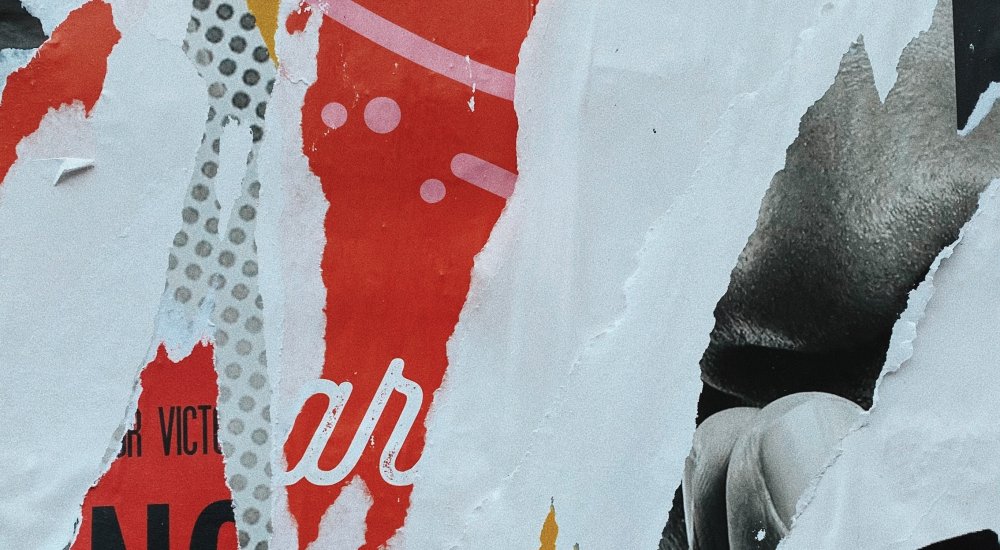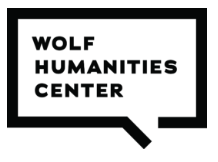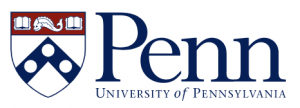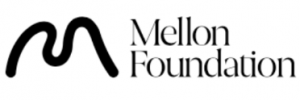Mellon Postdoctoral Fellowships at the Wolf Humanities Center
Topic: Choice

The Wolf Humanities Center awards five (5) one-year Andrew W. Mellon Postdoctoral Fellowships each academic year to scholars in the humanities who are no more than five years out of their doctorate. Preference will be given to candidates not yet in tenure track positions whose proposals are interdisciplinary and would particularly benefit from and contribute to Penn's intellectual life.
The programs of the Wolf Humanities Center are conceived through yearly topics that invite broad interdisciplinary collaboration. For the 2026–2027 academic year, our topic will be Practice.
During their appointment, Wolf Humanities Center's Postdoctoral Fellows are required to teach one course rostered in one or more of the humanities departments or programs in Penn's College of Arts & Sciences (not the Wolf Humanities Center) and must participate in the Center's weekly Mellon Research Seminar (Tuesdays, 12:00–1:30). Fellows also collaborate on the planning of a public symposium on the Center's annual topic, participate in professional development workshops, and are appointed a faculty mentor.
Call for Applications, 2026–2027
Topic: Practice
Application Deadline: Sunday, November 2, 2025 (11:59pm Eastern time)
The Wolf Humanities Center's 2026–2027 Mellon Postdoctoral Fellowship appointment is twelve months (July 1, 2026—June 30, 2027) and carries a minimum stipend of $67,000, a $3000 research fund, and discounted single-coverage health insurance.
- The PhD (and its international equivalent, such as the DPhil) is the only eligible terminal degree. The degree must be in the humanities or in allied fields, such as anthropology or history of science. Ineligible categories include an MFA or any other doctorate, such as EdD; social scientists; scholars in educational curriculum building; and performing artists (note: scholars of performance are eligible).
- Scholars who received or will receive their PhD (or DPhil) between May 2021 and August 2026 are eligible to apply.
- Scholars who received or will receive their PhD from the University of Pennsylvania during our noted window of eligibility are welcome to apply.
- The fellowship is open to all scholars, national and international, who meet eligibility requirements. International scholars outside of North America are appointed under a J-1 visa (Research Scholar status). The Wolf Humanities Center reserves the right to revoke the offer if the recipient is unable to meet this condition.
- In late January or early February, shortlisted applicants will receive instructions for reaching out to a Penn humanities faculty member who might serve as a potential mentor if awarded the fellowship. It is not advisable to contact Penn faculty earlier in the application process.
- Upon receiving the award, finalists who have not received their PhD must provide a letter from their department chair confirming that they have completed, or will complete, all requirements (i.e. dissertation defense) by June 30, 2026. A finalist’s failure to meet this deadline will result in the offer being withdrawn.
- Fellows are required to be in residence for the term of the fellowship.
- Decisions will be announced in February 2026.


